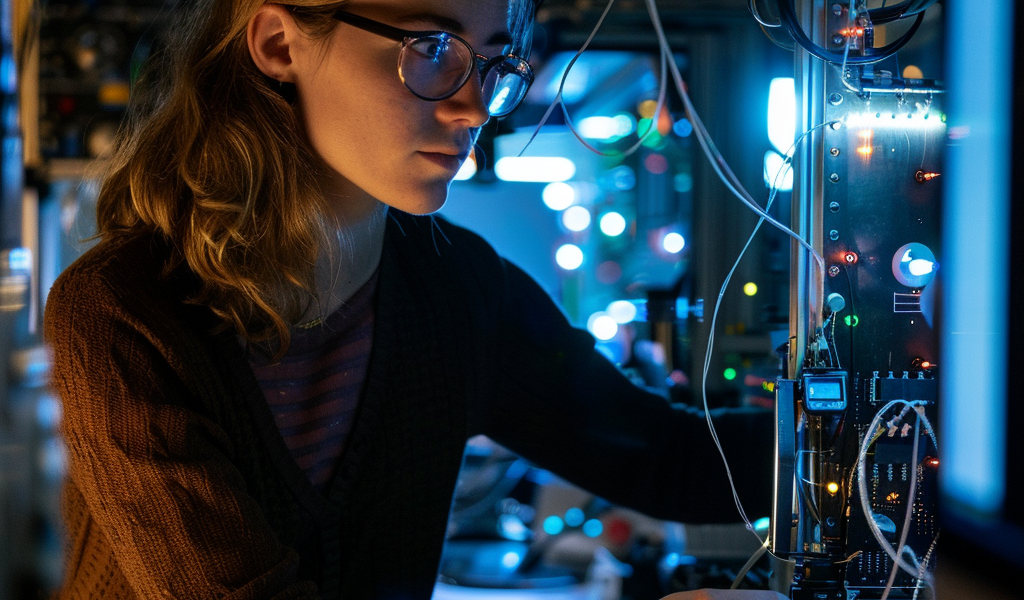A new design for quantum computers has been developed by quantum scientist Natalia Chepiga from Delft University of Technology. The design aims to upgrade quantum simulators, a specific type of quantum computer, to simulate even more complex quantum systems. The study, published in Physical Review Letters, addresses the challenge of creating a quantum computer powerful enough to solve problems beyond the capabilities of current computers.
Quantum simulators, as explained by Chepiga, are essential in addressing open problems in quantum physics to advance our understanding of nature. The potential applications of quantum computers extend to various areas of society, including finance, encryption, and data storage.
Chepiga emphasizes the importance of controllability in quantum simulators, likening it to a car without a steering wheel. She proposes a protocol to create a fully controllable quantum simulator, outlining the necessary ingredients for tunability. The conventional setup involves targeting rubidium (Rb) or cesium (Cs) atoms with a single laser, leading to the excitation of these particles. However, Chepiga’s proposal involves using two lasers with different frequencies or colors to tune the quantum simulators to various states.
The development of a controllable quantum simulator marks a significant advancement in the field of quantum computing and simulation. With the potential to revolutionize society, the continued progress in quantum technology holds promise for unlocking new physics phenomena and driving innovation in various domains.





